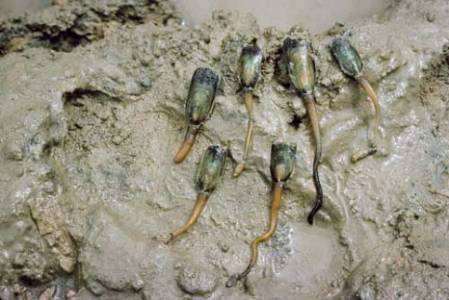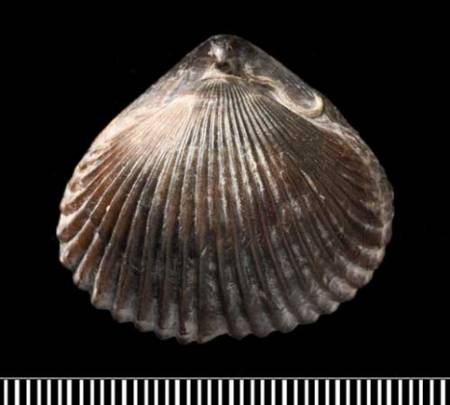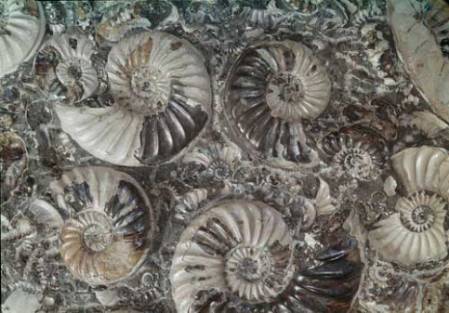At Science Uncovered this Friday I will be putting on my brachiopod hat. I will be showing off a selection of brachiopods from the Museum's collection, ranging in age from 0.5 billion years old to modern specimens still alive in the oceans today.
Lingulid brachiopods alive and well today.
Visitors will be able to see how little some animals have changed in such a huge period of time. I will also have a selection of extinct brachiopods to show the extent of diversity in the Palaeozoic era before the 'great dying' at the end of the Permian period in which around 96% of all marine species were wiped out.
Among the specimens I will have on display will be my favourite brachiopod Torquirhynchia inconstans. Find out why it’s my favourite! I will also bring out the largest brachiopod in our collection and demonstrate the anatomical features that make a brachiopod a brachiopod.
Torquirhynchia inconstans. My favourite brachiopod, but why?
My activity is borne very much from the realisation that many people have no idea what a brachiopod is or quite how amazing they are, so I aim to make people more 'brachiopod aware!' I think that many people have never heard of a brachiopod because they live in environments that most people will never visit.
I will be manning my stand in the Extinction Zone between 17.30 and 19.00. Come and say hello and talk to me about brachiopods!
The cephalopods won’t be ignored though. Sevtlana Nikolaeva will be talking about her research and work with ammonites between 16.00 and 17.30, also in the Extinction Zone.
Come and talk to Svetlana about ammonites this Friday.





